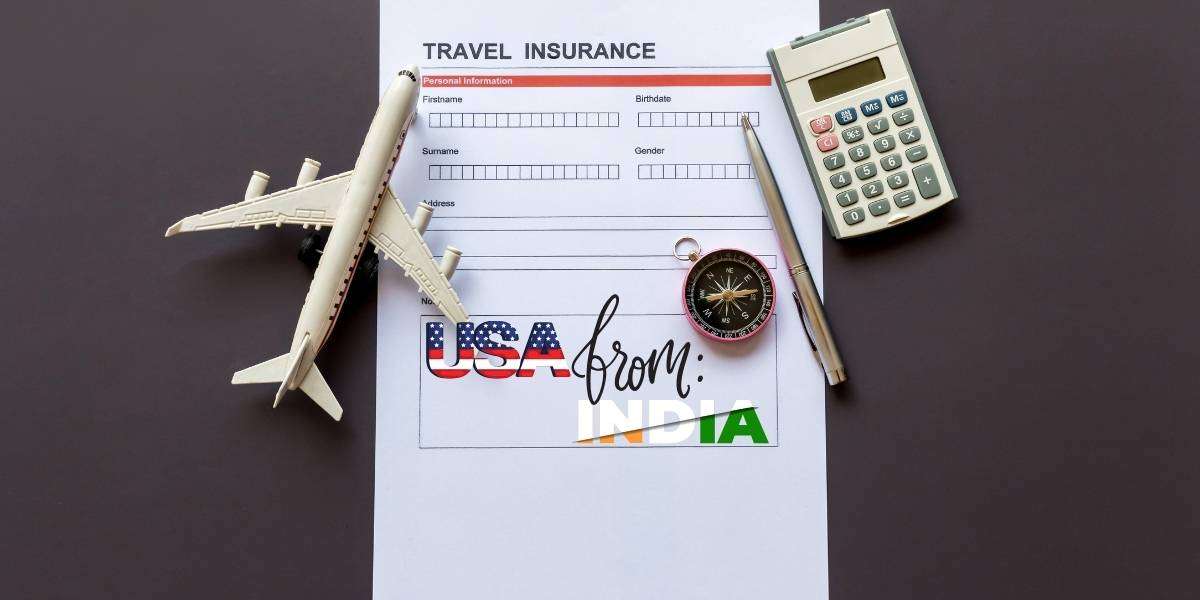Collision insurance is a type of insurance that comes in handy when your vehicle collides with another vehicle or object, and you need financial assistance for repairs or replacement. In this article, we will cover the essentials of collision insurance, how it works, and why it is crucial for vehicle owners like you.
We will also go over when it’s necessary or optional, and what factors you should take into account before deciding whether or not to purchase it. By the end of this read, you will have a clearer understanding of collision insurance and be better equipped to make a wise choice.
What is Collision insurance?

Collision insurance is a type of insurance that provides financial assistance for the repair or replacement of your vehicle in the event of an accident with another vehicle or object, like a tree or a fence. It is usually mandatory for individuals who are financing or leasing their car as per the rules of the lenders or leaseholders. However, if you have already paid off your car, collision coverage becomes an optional addition to your insurance policy.
When you opt for collision coverage, you will be required to pay a deductible amount before your insurance policy starts covering your claim. The deductible amount is a predetermined sum agreed upon in your policy. The limit of your collision coverage is the maximum amount that your policy will pay toward the damages caused by a covered claim.
Collision Insurance vs. Comprehensive
Typically, collision coverage only applies to damages caused to your vehicle while driving, excluding unrelated damages, medical expenses, and damage to another individual’s car. The primary contrast between collision and comprehensive coverage revolves around the driver’s influence over the incident. Collision insurance covers accidents that the driver can control, including collisions with other vehicles.
Conversely, comprehensive coverage usually includes events that are typically beyond the driver’s control, such as theft, animal collisions, or natural disasters. Collision insurance is crucial for safeguarding your vehicle against the financial impact of physical damage.
How Collision Insurance Works?
If you’re involved in an accident with another vehicle or object, collision insurance can be an optional coverage that helps with the cost of repairing or replacing your vehicle. This type of coverage is typically required by lenders if you’re financing or leasing your car.
With collision insurance, you’ll have a deductible to pay before your coverage kicks in to help cover the remaining costs of your claim. The policyholder can choose the deductible amount, and selecting a lower deductible will result in higher premiums.
Keep in mind that there’s a limit to the coverage amount for collision insurance, typically up to the actual cash value of your vehicle after depreciation. It’s important to note that collision insurance won’t cover damages caused by events such as theft, hail, or damage to another person’s vehicle, and it doesn’t cover any medical bills.
Additionally, it’s separate from comprehensive automobile insurance, which covers events that are usually beyond your control while driving.
Why Collision insurance is important?
Having collision insurance is crucial as it covers the expenses associated with repairing or replacing a vehicle that has been damaged in a collision with another vehicle or object. This type of insurance is typically mandated by lenders or leasing companies if the vehicle is not yet paid off.
Collision insurance provides coverage for damages resulting from a collision with another vehicle or object, a single-car accident involving rolling or falling over, or a collision with a fence or tree. Nonetheless, it does not cover damages not related to driving, such as theft or hail damage, damage to another person’s vehicle, or medical bills.
Collision insurance is subject to a deductible and limit, which represents the highest amount that the policy will pay for a covered claim. If the vehicle is totaled in a collision, the insurer will pay the depreciated value of the car, minus the deductible. This insurance type provides vehicle owners with peace of mind in case they cannot afford to repair or replace their car following an accident.
Collision insurance is often added as an addendum to a basic automobile policy. It is distinct from comprehensive insurance, which provides coverage for events beyond the driver’s control, such as theft or acts of nature.
Examples: When collision insurance would be necessary and when it would be optional?
If you’re leasing or financing a car, collision insurance is usually mandatory as the lender will require it. It’s also necessary if you can’t afford to repair or replace your car after an accident. If you own your car outright and have the means to cover repairs or replacements, you may choose to forgo collision insurance.
However, if your car has a high value and you wouldn’t be able to replace it if it’s totaled, it’s still worth considering collision coverage. Moreover, if you live in an accident-prone area or have a track record of accidents, collision insurance can safeguard you against financial loss. Ultimately, the decision to opt for collision insurance depends on your unique situation and risk tolerance.





3 Comments on “Collision Insurance – A Comprehensive Guide”